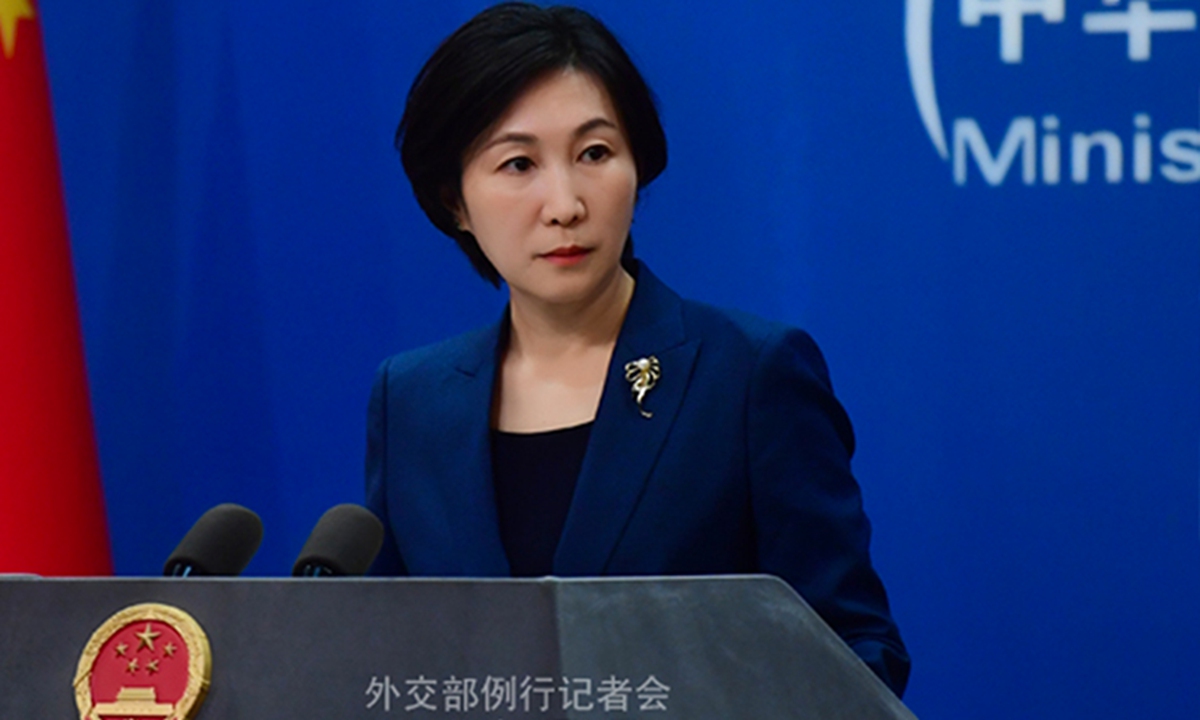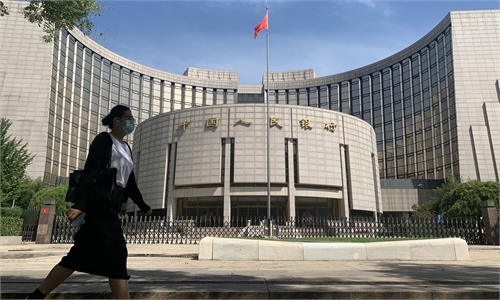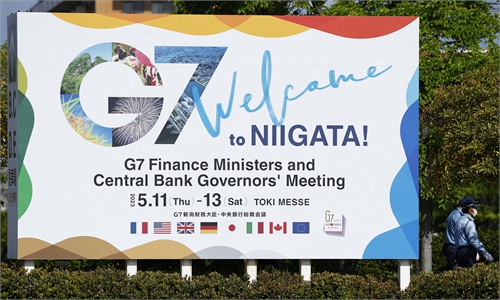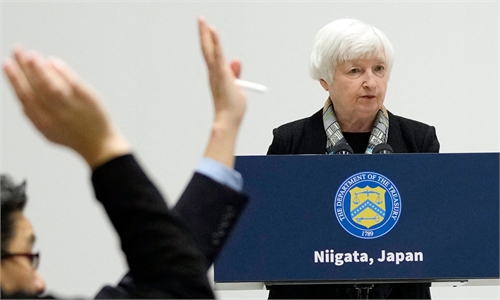Chinese FM decries smear against BRI, urges G7 to take concrete steps to help developing nations

Foreign Ministry Spokesperson Mao Ning Photo: Ministry of Foreign Affairs
A Chinese Foreign Ministry spokesperson on Monday hit back at criticism hurled by European Commission President Ursula von der Leyen, who said at the recent G7 summit that loans related to the Belt and Road Initiative (BRI) caused some developing countries to fall into debt crises.
"The G7 is a group of the world's wealthiest countries, and we cannot help asking what concrete contributions have these countries made to promote the welfare of developing countries? Why do G7 countries continue to smear China and try to disrupt normal cooperation among developing countries?" Chinese Foreign Ministry spokesperson Mao Ning said at a regular briefing on Monday.
Mao noted that China, as a developing country, cooperates with other developing countries to seek common development. This is a model highly recognized by developing countries, said Mao.
The remarks came after von der Leyen's remarks at the G7 summit over the weekend that "many countries of the Global South are looking for alternative funding options" and the "BRI looked like a good cheap offer but many countries took Chinese loans and ended up in a debt crisis."
Mao said that the principles of consultation, contribution and shared benefits lie at the core of the wide popularity of the BRI, which is an international public good.
"We never force our ideas upon others and attach no hidden geopolitical strings to cooperation," Mao said, noting that China promotes mutually beneficial and win-win cooperation and upholds common development featuring fairness and inclusiveness.
China attaches great importance to debt sustainability and has been continually working to provide necessary support to the best of its capabilities to related countries facing financial hardship, the spokesperson said.
China has made the greatest contribution in debt relief efforts in the G20 Debt Service Suspension Initiative, contributing a sum larger than that of the G7 counties combined, Mao said, citing a study.
According to a report by Boston University, China's cooperation with emerging countries over investment and funding was based on the actual needs of recipient countries and proved useful in tackling development bottlenecks for these countries. Such cooperation is expected to boost global revenue growth by as much as 3 percent.
If G7 countries really cared about developing countries, they should honor their existing commitments including spending 0.7 percent of their gross national income on official development assistance and providing $100 billion per year to help poorer countries cope with climate change as fast as possible, Mao said.
According to World Bank statistics, multilateral financial institutions and commercial creditors account for over 80 percent of the sovereign debt of developing countries.
G7 countries owe a huge amount of $13 trillion in unpaid aid and funding for climate action to the Global South, and their rich bankers are demanding that Global South countries pay $232 million a day in debt repayments through 2028, according to a recent report by Oxfam International.
The irresponsibility of G7 countries is laid bare by the fact that financial institutions and commercial creditors are pushing developing countries to repay their loans, said Song Wei, a professor at the school of international relations and diplomacy at Beijing Foreign Studies University.
"It is in contrast with China, which focuses on lending to achieve common development," Song told the Global Times on Monday.
In a March press conference, Mao said none of the BRI partner countries have accepted the claim that the BRI has created "debt traps."



